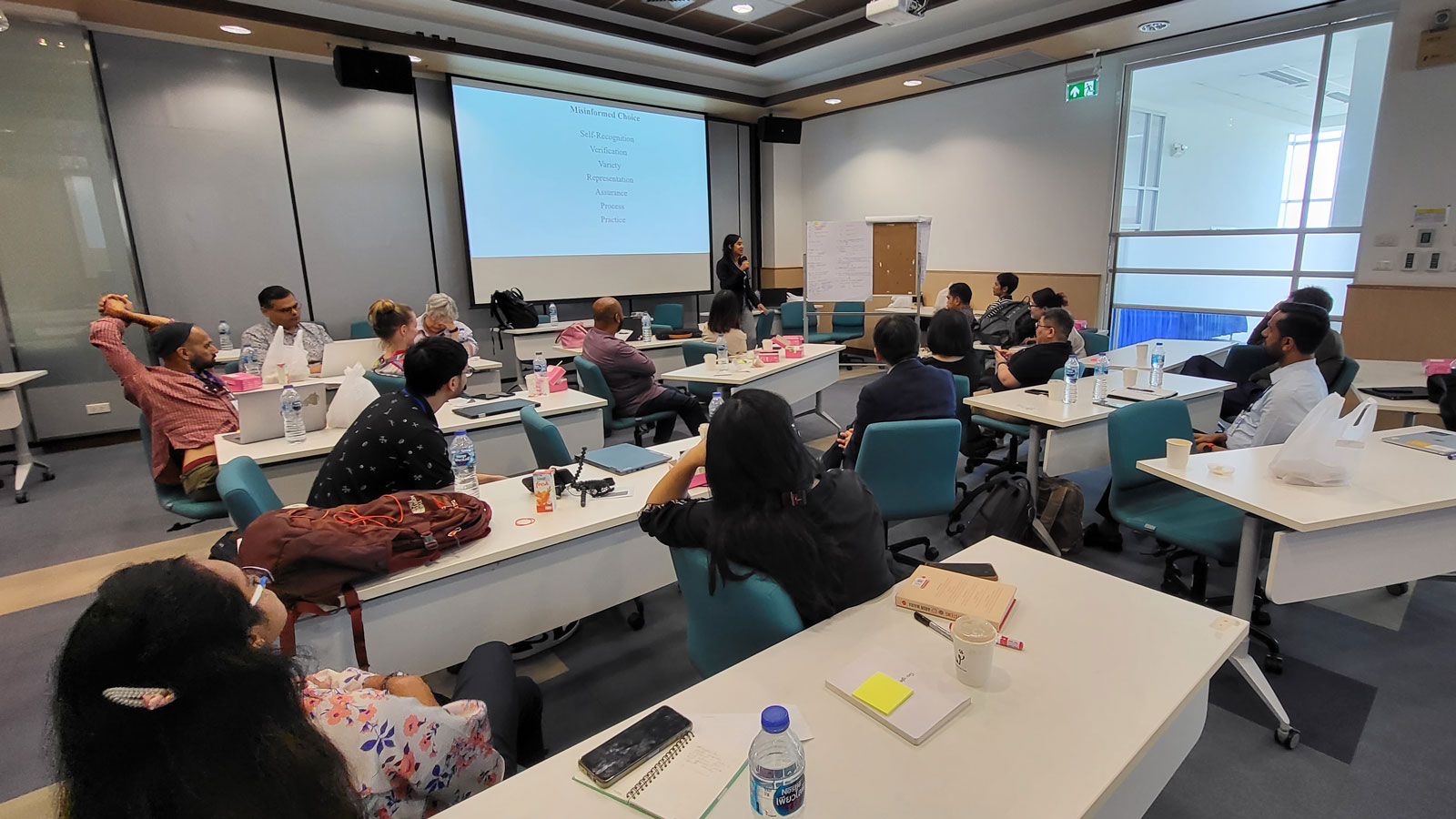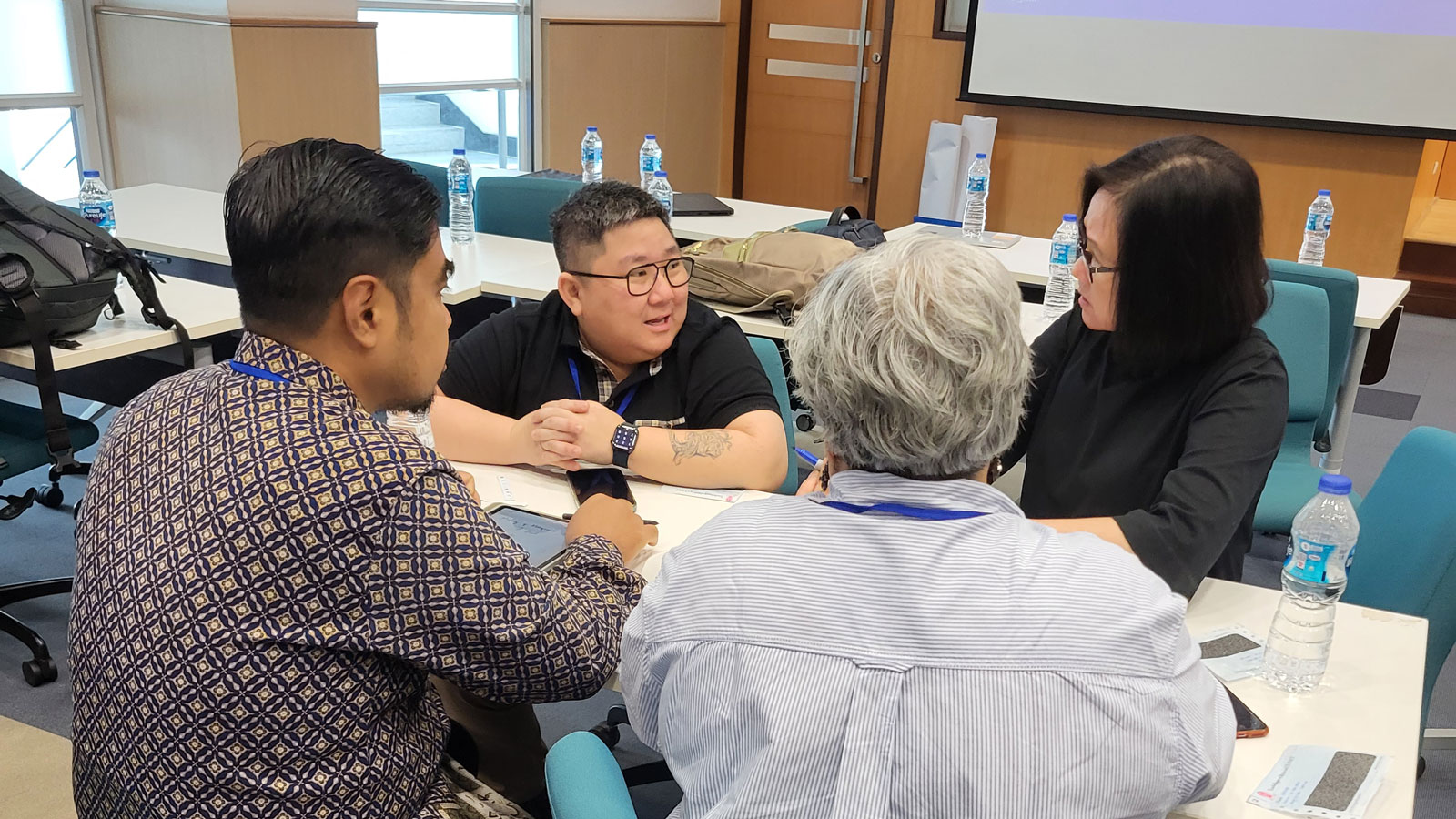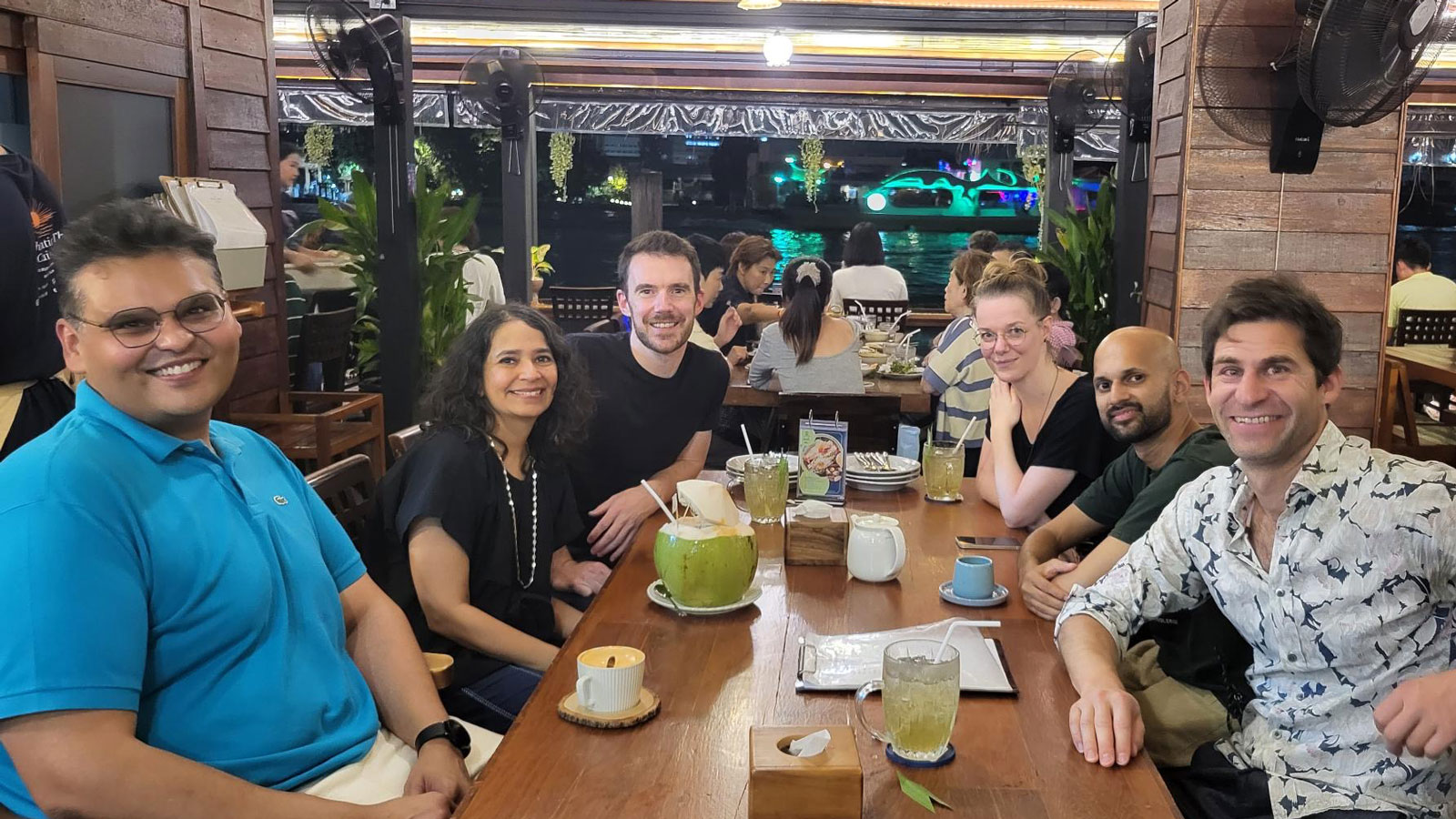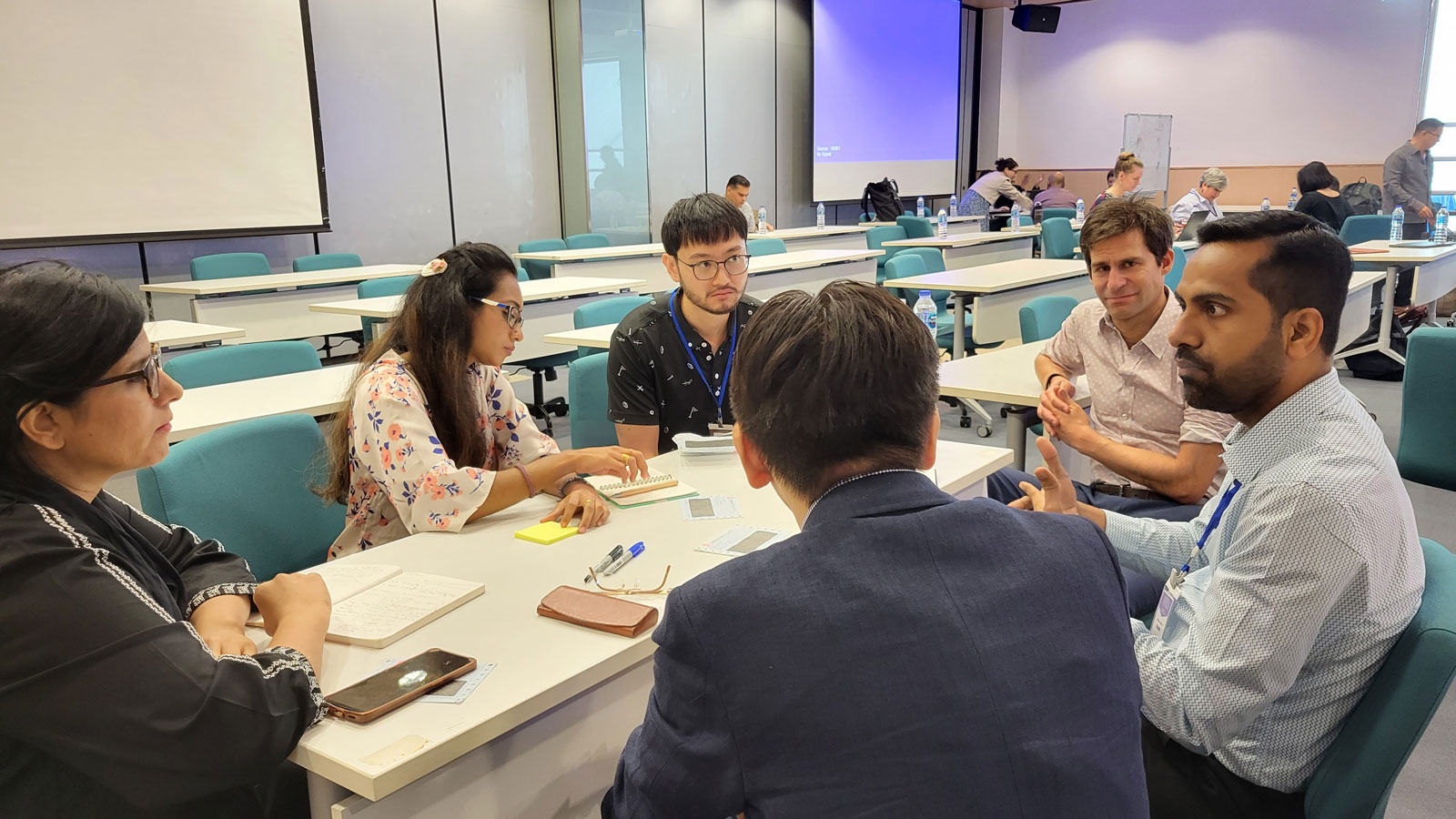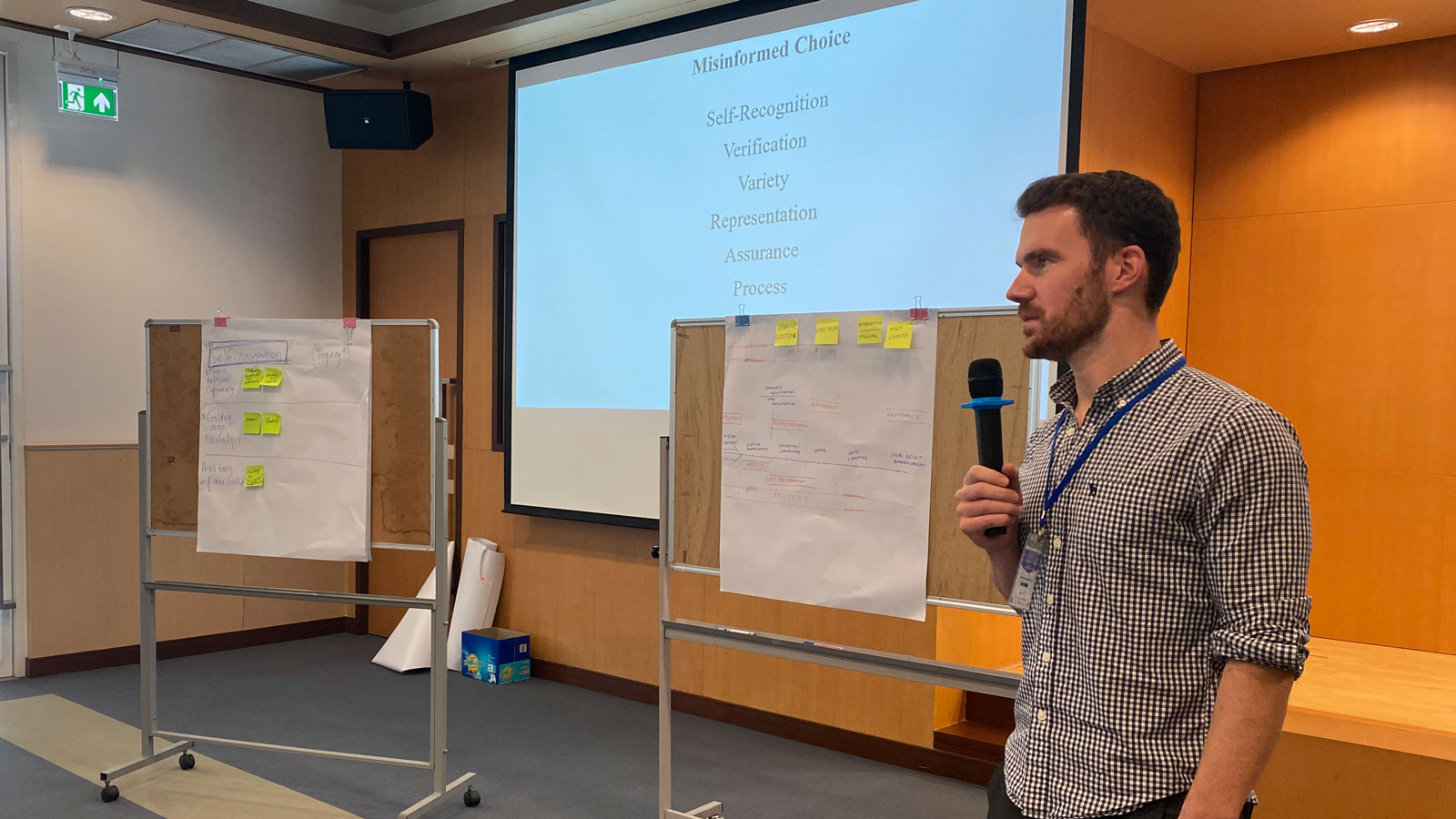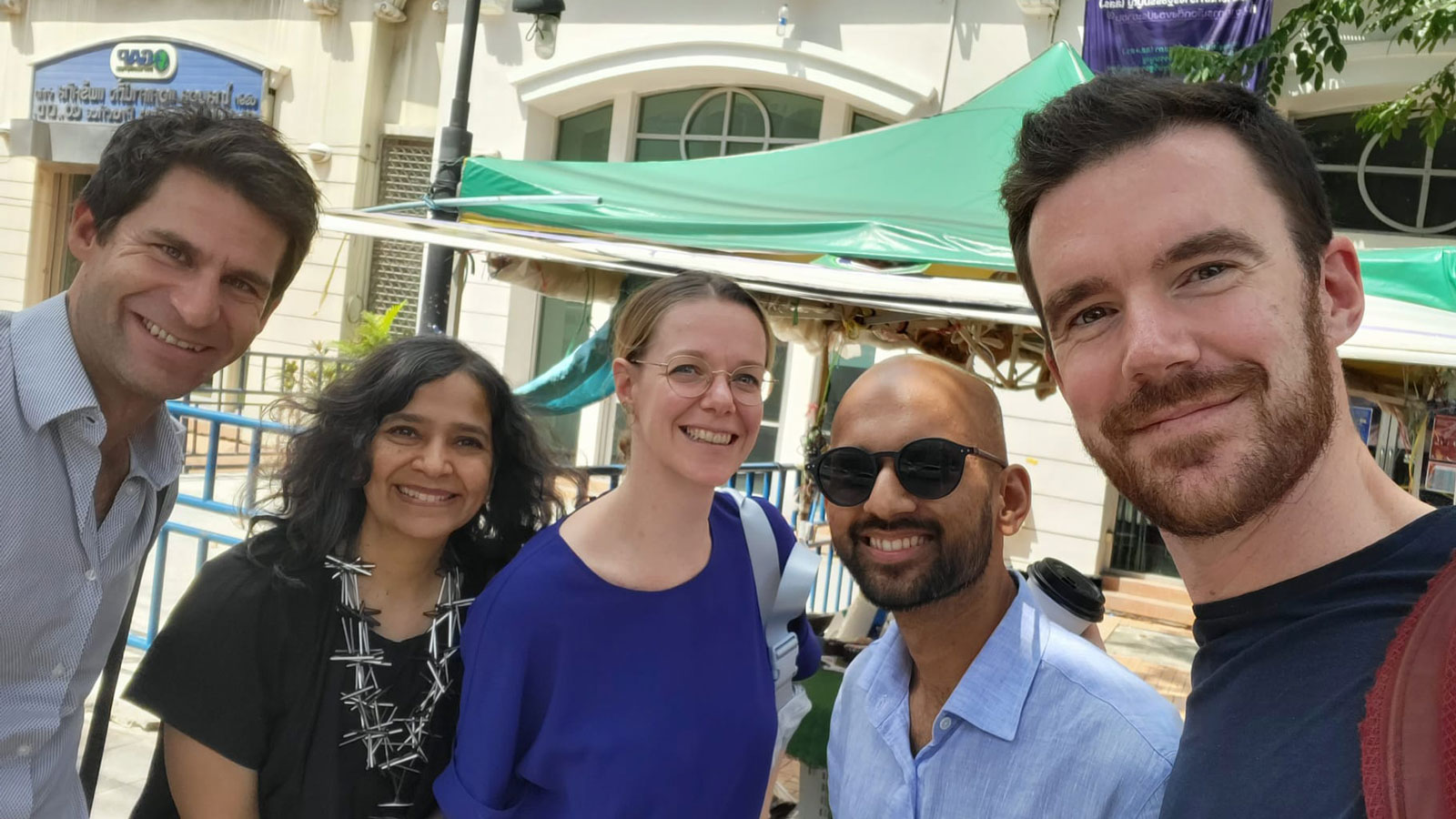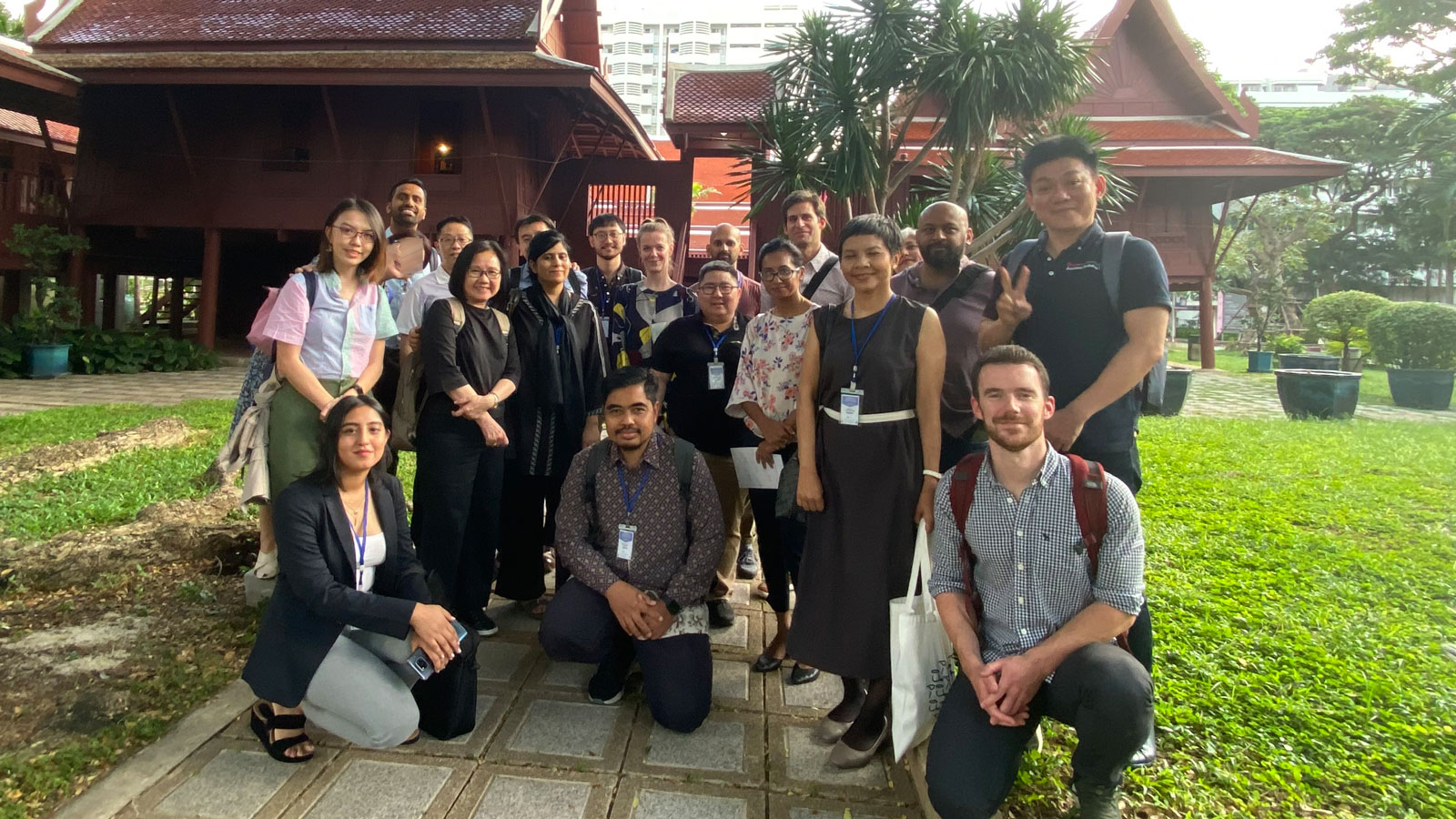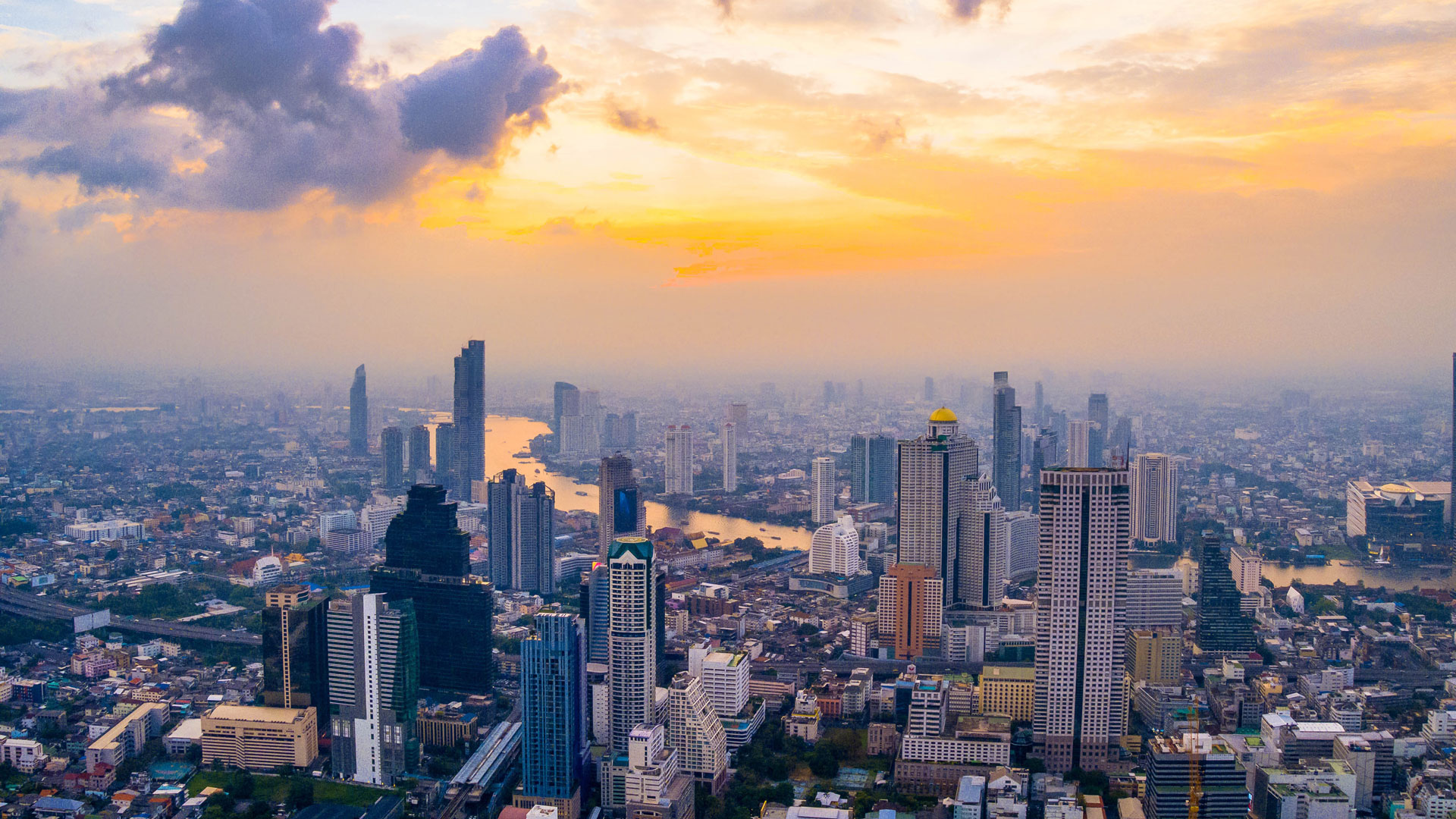
Research engagement #2 to Bangkok, Thailand
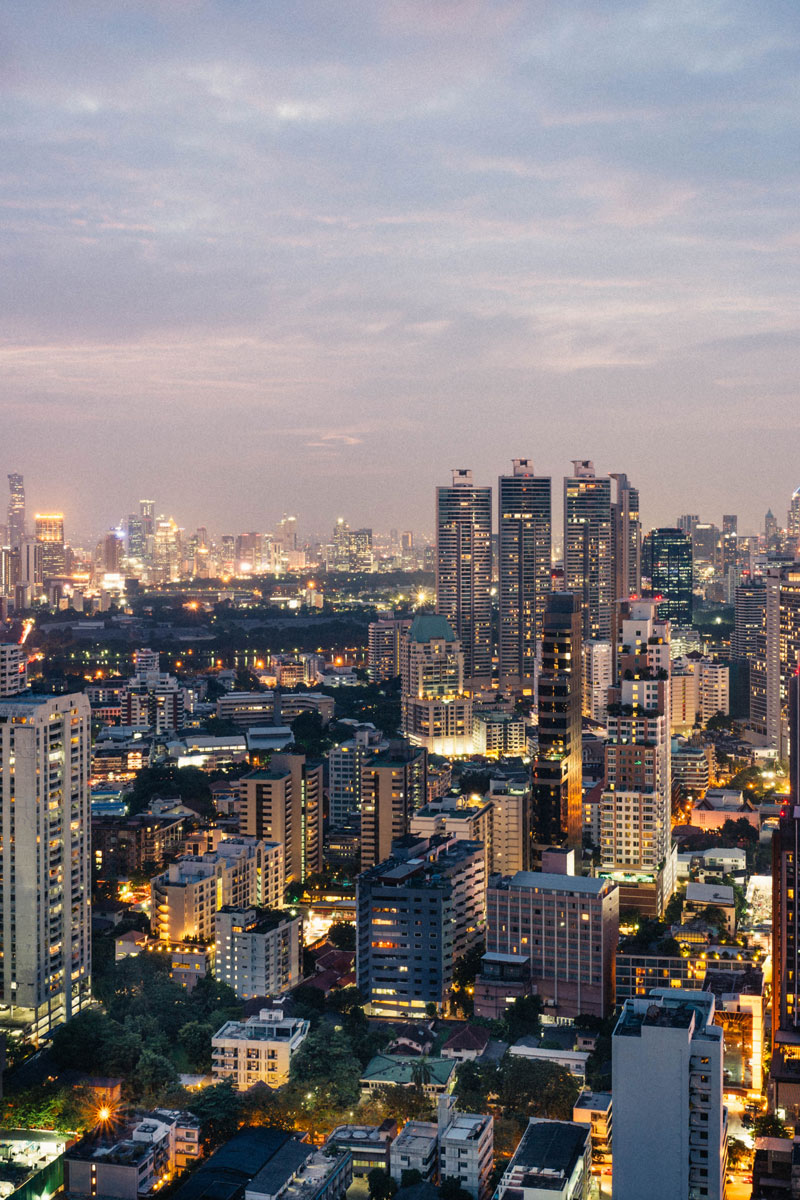
Our international good-practice research is supported and enriched by regional research engagements, consisting of workshops and bilateral discussions with decision-makers, experts, and relevant stakeholders, who we are bringing together in one comparatively central location in each region. The goal of these research trips is to create a space for exchange amongst experts and mutual learning of each other’s contexts to jointly explore the landscape of counter-disinformation initiatives, pro-democracy mobilisations efforts, and highlight particularly promising examples and good practices. In addition, networking with and among the respective actors aims to foster strong collaborations, alliances, and knowledge transfer, including assessing ideas for their potential to successfully strengthen counter-disinformation efforts in Europe and Germany.
Focus: Role of governments, freedom of speech, and democratic resilience
In a partnership with Digital Asia Hub (DAH), Upgrade Democracy’s second research engagement took place in Bangkok, Thailand. The mission: to explore the findings of a unique mapping study on misinformation and disinformation in the Asia Pacific’s political landscape with 16 stakeholders from 10 countries in the region. A two-day workshop brought together fact-checkers, journalists, academics, health workers, government officials and representatives of civil society groups, to dive deep into the conditions under which misinformation cycles begin, how they mutate and spread. This was followed by two days of bilateral meetings with researchers, activists, and civil society organisations. A summary of our findings, insights, and impressions follows below. The workshop summary is also available in PDF format, downloadable at the bottom of the page.
Critical topics and keywords that marked our conversations and that our team continues to reflect on included:
- The persistent role of Chinese influence operations,
- Digital disinformation is hyper-targeted and geared towards preventing pro-democracy mobilisation,
- Migration, LGBTQI+ and the climate crisis get exploited across the board,
- Regulation can be weaponised when governments don’t act in their citizens’ best interest,
- Platforms are both: a source of funding and a blackbox for research due to limited data access.
A summary of our findings, insights, and impressions follows below. The workshop summary is also available in PDF format, downloadable at the bottom of the page.
Setting the Scene: The Making of Misinformed Choice
Earlier this year, Upgrade Democracy and DAH, commissioned a report to map out the kinds of information disorders that have mushroomed in in the run-up to post-pandemic national elections across the Asia Pacific region. The final report will be published in early 2024. At the convening, the research team from DAH shared their theoretical framework to garner feedback and help finetune insights into counter-disinformation efforts across various countries in the Asia-Pacific. The framework explores the concept of “informed choice” – a motivating factor for people’s participation in electoral processes – and how different factors play a role in creating “misinformed choice”, a phenomenon where voters have fallen prey to mis/disinformation from several sources.
The framework introduces a “stack” comprised of seven layers – self-recognition, verification, variety, representation, assurance, process, and practice – to analyse the vulnerabilities in the flow of information during election cycles in the digital age. Each layer of the stack is interconnected and forms a part of the electoral process: if one layer is targeted by disinformation, the risk of contamination of different parts of the stack is high. One of the key elements of this novel framework is its ability to connect intention and execution, allowing analysts to include seemingly irrational, emotional, and affective reasons behind individual actions and/or decisions.
